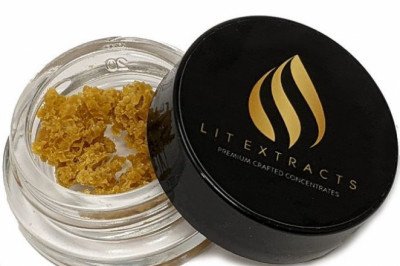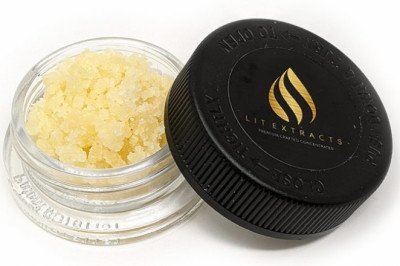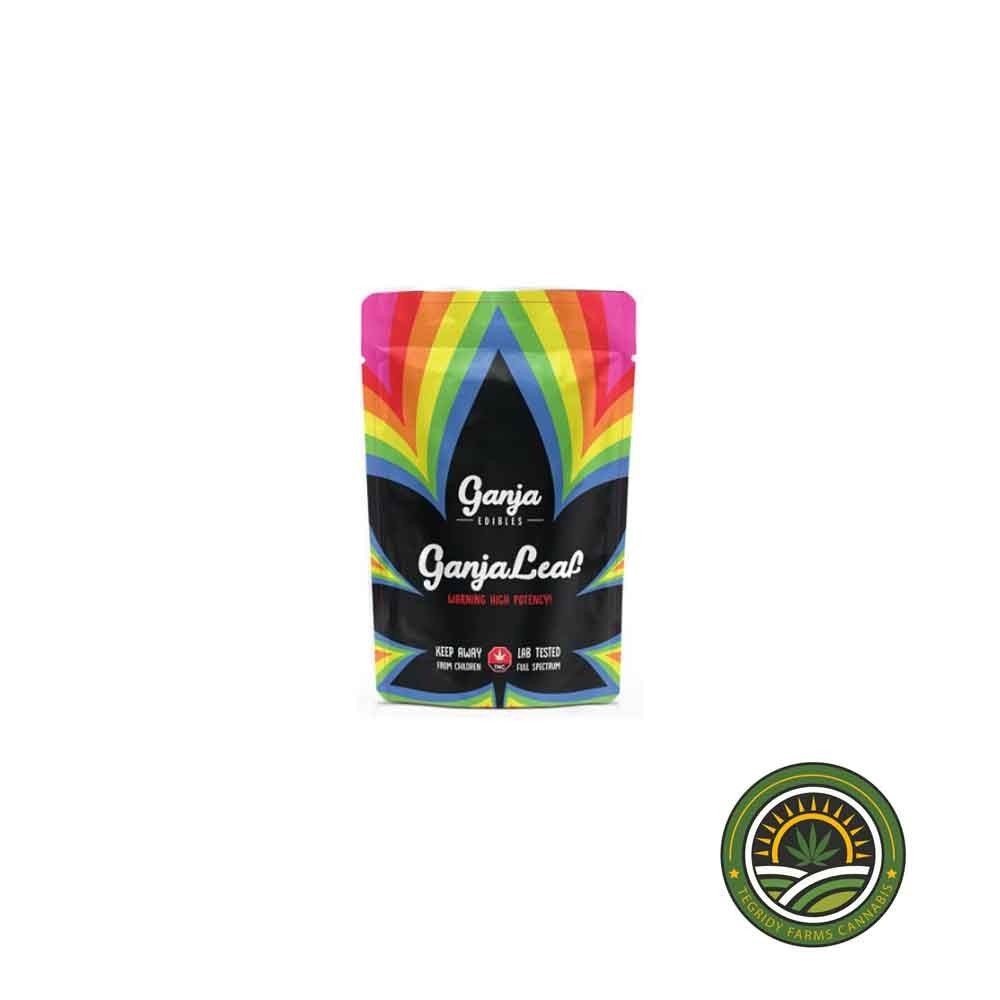views
There is no proof that one proton pump inhibitor is superior to another because their modes of action are relatively similar. They differ in how the liver breaks them down and how they interact with other medications. Certain Proton Pump Inhibitors may have longer-lasting effects, requiring less regular use. Proton pump inhibitors, however, are typically well tolerated. PPIs might make it more likely for your colon to become infected with Clostridium difficile. Osteoporosis-related fractures of the hip, wrist, or spine may become more likely with high doses and prolonged use (1 year or more).
Moreover, prolonged use decreases vitamin B12 absorption (cyanocobalamin). Low levels of magnesium have also been linked to long-term Proton Pump Inhibitors use (hypomagnesemia). A study of patients who used PPIs for a long time revealed an elevated risk of heart attacks. It is crucial to treat the disease at hand with the lowest doses and shortest treatment periods possible.












Comments
0 comment